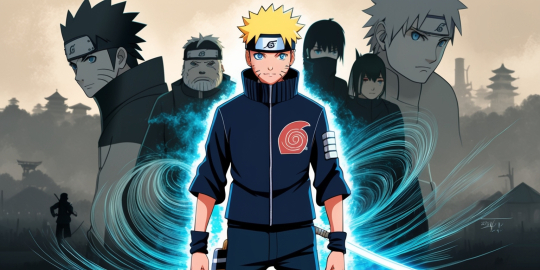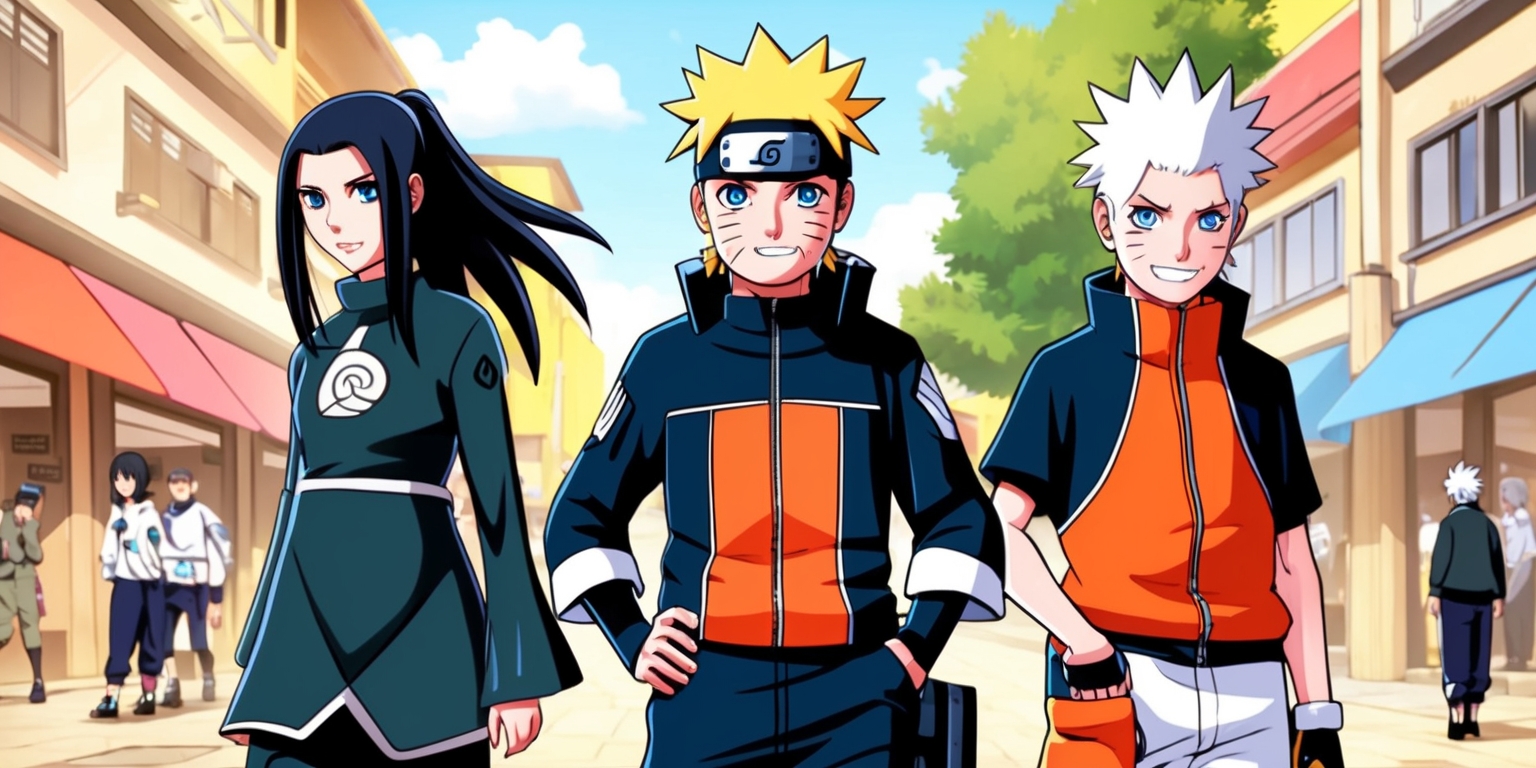
In the world of anime and manga, sequels can often evoke a sense of excitement and trepidation among fans. The continuation of beloved narratives carries the weight of expectations, and when it comes to the much-anticipated series following one of the greatest tales in the genre, the stakes are astronomical. Boruto: Naruto's Next Generations was launched with high hopes, yet its reception highlighted a deeper struggle in character development and storytelling. This piece aims to delve into the complexities surrounding Boruto, as articulated by its creator, Mikio Ikemoto, while exploring critical differences between Boruto and his legendary father, Naruto Uzumaki.
Setting the Stage for Boruto
The prospect of a sequel often brings mixed feelings, especially when following giants like Naruto. Fans across the globe celebrated the birth of Boruto, yet the series faced scrutiny after failing to emulate its predecessor’s charm. Many expected robust characterization and compelling narratives. However, the promise fell through as the story narrowed its lens glaringly on Boruto and Kawaki, overshadowing a vast array of beloved secondary characters.
Character Focus and Development
As the narrative progressed, the limitation of character exploration became glaringly evident. While Naruto Shippuden also concentrated on central figures, the protagonists drew fans in with their relatable struggles and growth. In contrast, Boruto and Kawaki's campaigns fell short of engendering the same level of attachment or admiration, prompting discussions about what makes a hero compelling.
The Creator's Perspective
At the helm of this new narrative is Mikio Ikemoto, longtime assistant to Naruto creator Masashi Kishimoto. Entrusted with the continuity of this beloved universe, Ikemoto's viewpoint sheds light on Boruto's character dynamics. During interviews, Ikemoto has unraveled the unique foundation upon which Boruto stands—one that starkly contrasts Naruto's own journey.
Understanding Boruto's Plight

Ikemoto articulates that Boruto emerges from a place of privilege, rather than hardship. Where Naruto started with nothing, fighting tooth and nail to acquire acceptance and love, Boruto is the son of the Seventh Hokage, born into a family with every material possession he could desire. However, as the narrative reveals, this privilege comes with its challenges and heartaches.
The Weight of Existence and Expectations
With every privilege comes expectations. Boruto’s relationship with Naruto is strained, as the young shinobi struggles with the demands of meeting his father’s legacy. The emotional disconnect that Boruto experiences provides a fresh lens through which to evaluate his character arc, providing subscribers to the series with emotional depth.
Comparing Boruto to Naruto
Mikio Ikemoto has drawn parallels between Boruto and another significant character in the series—Sasuke Uchiha. Both characters share a tragic narrative shaped by the loss of their families. However, while Sasuke’s journey resonates with vengeance and redemption, Boruto’s path seems to meander through feelings of neglect and misunderstanding.
Connectivity with Audiences
The raw connection that fans hold with Naruto, especially after his acceptance in the Pain arc, serves as a stark contrast to Boruto's experience. Naruto's triumph was a deeply personal moment for his followers, but Boruto lacks a similar degree of collective support. This gap suggests a structural difference in emotional investment between the two series.
The Challenge of Character Comparison
One of the most significant hurdles for Boruto’s character development lies in audiences' inability to separate him from Naruto. While striving to carve out his individuality, Boruto continues to operate under the shadow of his father's legacy. This correlation complicates fans’ perceptions and expectations regarding his evolution.
Lack of Understanding
Compounding Boruto's struggles is his lack of understanding surrounding Naruto’s demanding role as Hokage. Had the narrative provided greater context for Boruto's familial experiences, perhaps compassion towards his angst would flourish among fans. However, Boruto’s outbursts often come across as immature, limiting the empathy he could receive from his audience.
Growth Through Conflict
Yet, it’s essential to recognize Boruto’s potential for growth. Just as Naruto demonstrated maturity through his interactions with others, Boruto too undergoes a transformation. He learns to harness his frustrations and communicate effectively, demonstrating that he possesses the seeds of character development.
The Blend of Personalities
A balance between Naruto's tenacity and Sasuke's introspective nature is evident within Boruto. His flaws render him relatable, but it’s clear he occupies a distinct space within the narrative. This delicate blend contributes to Boruto’s unique identity, ensuring he isn't merely an imitation of his predecessors.
Ikemoto's Vision for Boruto
Interestingly, Ikemoto appears to acknowledge Boruto's limitations compared to Naruto and Sasuke, indicating that surpassing these legendary figures may not be the ultimate goal for Boruto’s character arc. Instead, the focus seems to center on personal growth and understanding rather than achieving greatness in a traditional sense.
The Future of Boruto
Fans looking to continue following Boruto's journey can read the ongoing series via various platforms, implementing their fascination into the digital spheres of MangaPlus. This modern accessibility allows a new generation to connect, opening the doors to discussions that explore narratives beyond mere power struggles.
Conclusion: Embracing Unique Journeys
In the end, the exploration of characters like Boruto offers a rich tapestry of experiences and lessons distinct from their forebearers. While the challenges facing Boruto may differ from Naruto’s, the narrative still provides opportunities for growth, understanding, and reflection. The essence of storytelling is not always about the accolades or triumphs but also about the experience itself—an experience that strikes a profound chord as audiences continue to traverse this evolving landscape.